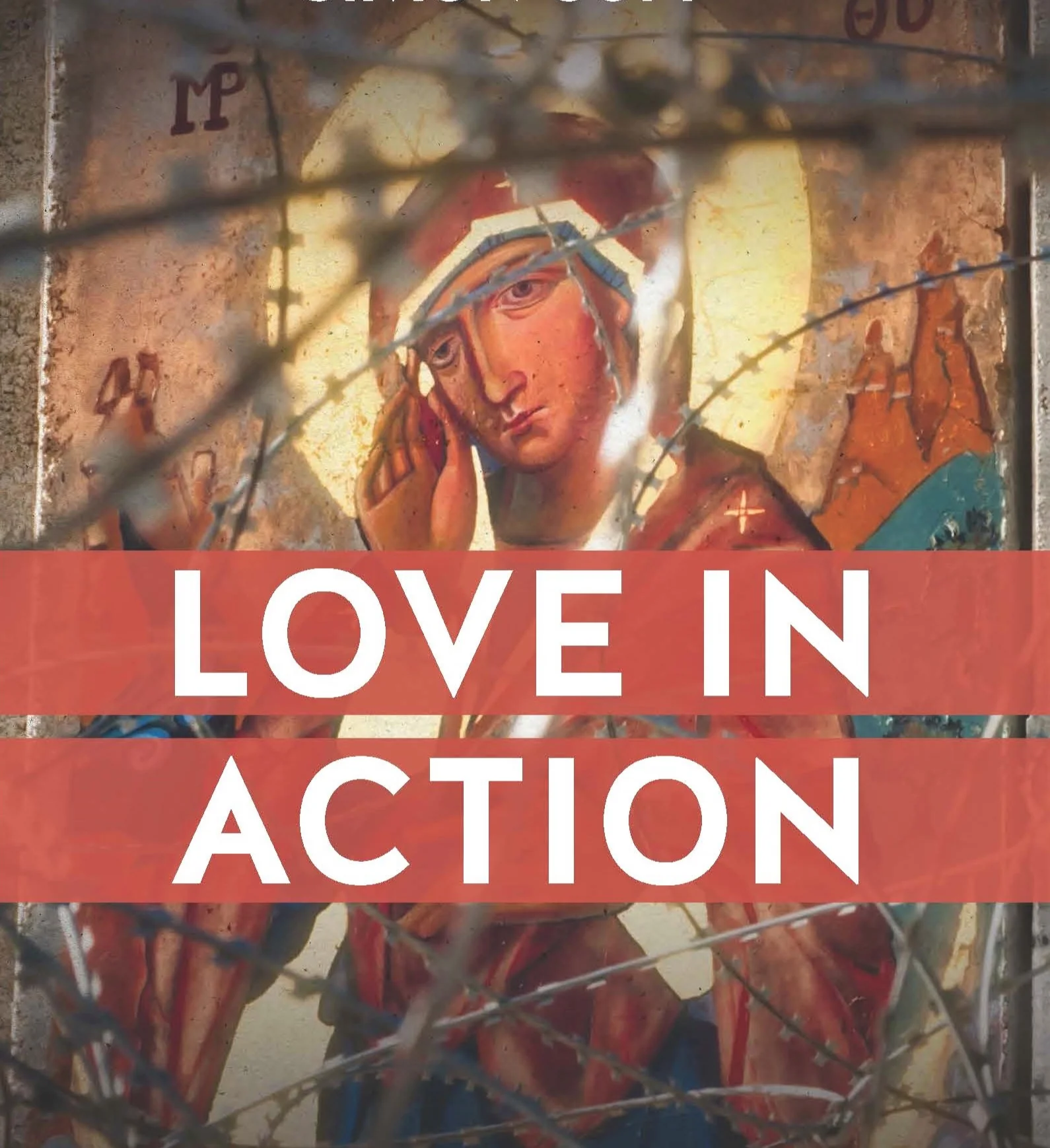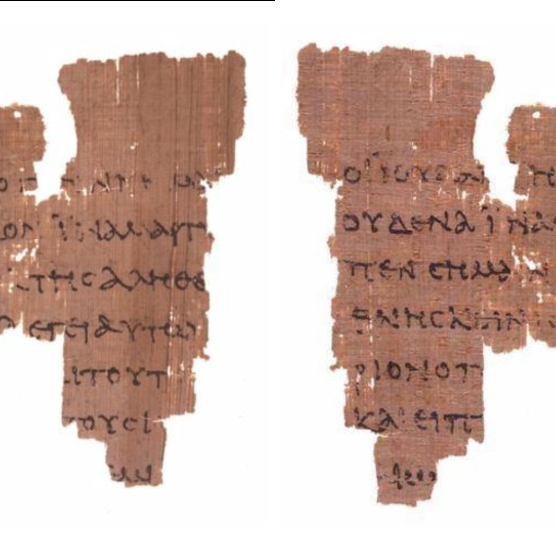The observance of a period of fasting before Easter is very ancient, though the length and character of the fast varied from place to place in the early days. Writing in the 2nd and 3rd centuries, Irenaeus of Lyons and Tertullian in North Africa both mention preparatory fasts in the days leading up to Easter. By the 4th and 5th centuries, we see the fasting period elongated: both Athanasius’s and Cyril’s Festal Letters assume a 40 day fast, for example. There are, however, still debates over what counts as this “fast of forty days”…
Love in Action: Catholic Social Teaching for Every Church
Contributors to The School of Theology have been busy. Fr Simon Cuff’s book Love in Action: Catholic Social Teaching for Every Church is out tomorrow.
George Herbert: Priest and Poet
When the great Tractarian leader John Keble died in 1866, he was best known as a poet. His volume, The Christian Year, received something like ninety printings in his own lifetime. The obituary published in The Times of London tackles his reputation head on, and concludes that he should probably be thought of as England’s greatest priest poet. Among those who are dismissed as less deserving of the accolade, the writer lists ‘the poet of Bemerton’, one George Herbert (1593-1633).
Love Makes No Sense: An Invitation to Christian Theology
The St Mary Magdalen School of Theology’s first book—Love Makes No Sense: An Invitation to Christian Theology is now out with SCM Press.
St Valentine: Highly Dubious
Saint Valentine is by tradition a third-century Roman saint and martyr whose cult was only established by Pope Gelasius I in AD 496 amongst those “whose names are justly reverenced amongst men, but whose acts are known only to God”. He is included in the Martyrologium Hieronymianum (460-544 CE), and the sparse information which may have some element of reliability seems to be no earlier than the fifth century. He would, in fact, seem to have been the conflation of two saints […]
Sacraments: Eucharist
The sacraments, as Fr Ken Leech put it, are not “freak events” in a world which otherwise “runs on quite different rules.” They are a foretaste of God’s new creation, showing us what the world has been made for, and what it will ultimately be. The time of the Church’s sacramental life falls between that of Christ’s decisive victory over sin and death and the time in which the whole creation will enter into the fruits of that victory - when the powers of death are finally destroyed and he is “all in all” […]
Candlemas (or the Purification or the Presentation)
“Merry Christmas!” If you haven’t been using the last 39 days to say “Merry Christmas” to friends, family and the world outside every day, you’ve been missing a trick. Whilst the world outside celebrates Christmas from early Autumn until Boxing Day, the Church celebrates the Christmas season from Midnight Mass to Candlemas. […]
Sacraments: Baptism
When was the last time someone wished you Happy Birthday? It would be a fair bet that it was on your birthday. I’m sorry to tell you that if you’re baptised they almost certainly chose the wrong day. Not because your birth certificate is mistaken, or your parents had a strange sense of humour, but as baptised people your physical birth wasn’t your gateway to life, your baptism was. […]
A Christian Vocation: Chaplaincy in the Armed Forces
For centuries the basic unit of Church life has been the parish, and parochial ministry is still today the principal focus for the work of the clergy and committed lay people. But it has been widely recognized in recent times that there are areas of life that demand a more specialized form of outreach, and this in turn has led to the development of a wide range of so-called “sector ministries” of which Chaplaincy in the Armed Forces is one, albeit of greater antiquity than most. […]
A sermon for Epiphany
Now what? What’s next? Twigs and needles from the languishing tree are scattered on the carpet. Tinsel and wrapping paper lay crinkled and crushed in some corner somewhere. Tupperware, holding on to leftovers now somewhat less than appetizing. […]
Hymns and Carols: Five Songs
This Advent and Christmas season, the School of Theology has been celebrating the tradition of carolling that we now strongly associate with this season. But actually, the carol hasn’t always had an easy association with the celebration of Christmas. In the medieval period, carols were popular dance songs, especially for a sort of circle dance. […]
Hymns and Carols: In the Bleak Mid-winter
I remember well a conversation I had about Christina Rossetti’s poem In the Bleak Mid-winterover twenty years ago. I was an earnest young Christian undergraduate reading English Literature. I had just “discovered” Rossetti, and was planning to write my dissertation on her poetry. Talking with another earnest young Christian undergraduate of my acquaintance, I described Rossetti as an important Victorian religious writer. “What did she write?” he asked. My first thought was to mention In the Bleak Mid-winter, probably her best-known work owing to its having been memorably set to music as a Christmas carol by Gustav Holst. But this was a mistake […]
Hymns and Carols: Of the Father’s Heart Begotten
Singing together in the Christian community goes back to its origins, as the earliest disciples were immersed in the Jewish tradition of singing psalms. In Mark’s account of the Last Supper (Mark 14: 26) we read of Jesus and his friends singing a hymn before they went out to the Mount of Olives. The hymn-singing practice of the early church is suggested by the writer to the Ephesian Christians who exhorted them not to get drunk with wine, but to “be filled with the Spirit, as you sing psalms and hymns and spiritual songs […]
Hymns and Carols: Adam Lay Ybounden
There’s a strange thing that happens during sermon preparation at Easter and Christmas. At Easter, preparing sermons about the death and resurrection of Christ, it becomes almost impossible not to dwell on the events we celebrate at Christmas. As we reflect on the Christ’s Passion, the babe lying in the manger springs to mind. […]
Hymns and Carols: O Come O Come Emmanuel
Advent is my favourite liturgical season, and I think this is because it expresses something of the Christian life that resonates with my experience of it. Of course it is true that we are resurrection people, and therefore Easter says something fundamentally true about us. Of course we are people of the incarnation, and therefore Christmas gives voice to that aspect of our identity. But we are also people in waiting, but it is a funny kind of waiting. […]
For children: Five Books
If you are lucky, you were read to as a child. Some books will have sunk without trace in your memory, though a parent may tell you resentfully that you insisted on the same one every evening, and they can still remember all the words. Sometimes forgotten impressions surface years later: my non-sporty husband’s identification with the hero of The King who Couldn’t Kick’ or my own love of sleeper trains, which I trace back to T. S. Eliot’s Skimbleshanks the Railway Cat. […]
Should clergy learn New Testament Greek?
“To imagine a language is to imagine a form of life”. There are many excellent reasons for learning a language other than one’s own mother tongue. Doing so opens up horizons that would otherwise be closed. We are regularly reminded of the beneficial effects of language-learning for children, with all its concomitant social and intellectual advantages. […]
St Albert the Great: Patron Saint of Scientists
The Church has a patron saint of natural scientists, though I confess that I have never availed myself of his intercession. Albert—called Magnus (the Great) even during his lifetime—is now best known as Thomas Aquinas’s teacher and defender, but as the Church celebrates his feast on November 15th, we have an excellent excuse to learn a little more about his own life and work. […]
New Book -- Love in Action: Catholic Social Teaching for Every Church
Catholic Social Teaching has been described as the Catholic Church’s best kept secret, the fruit of carefully applying the demands of the Gospel in ever-changing social and political contexts. […]
Death and Dying: Five Books
I can’t seem to get away from death, which is probably a lesson for us all. But I mean something more specific than that. When I started graduate school a decade ago, I decided to write my PhD. on the psychological effects of death anxiety on religiosity. Try as I might to pivot to something else, I am still compelled toward the topic. I’m not sure why, but I can guess. In the course of my work on the topic, I have tried to read as much as I can about death and dying, about the ancient rituals and the modern industries that surround them, about accounts of death both real and imaginary. These are the books I return to the most, from which I have gained the most in different ways. […]



















